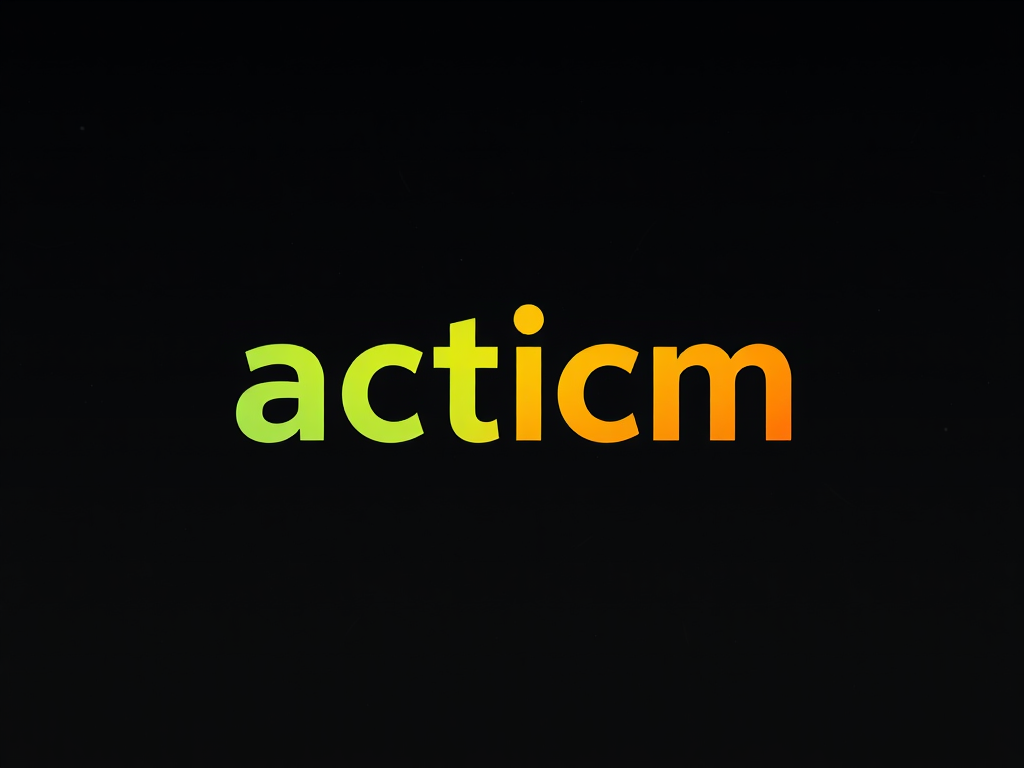Master spoken Arabic efficiently with immersive online courses designed for real conversation. These interactive lessons focus on practical skills, featuring live sessions, engaging exercises, and authentic dialects like Egyptian and Levantine. Flexible schedules and expert instructors ensure steady progress, making Arabic both accessible and enjoyable—even for beginners seeking conversational confidence. Discover how targeted practice moves beyond grammar to build genuine fluency quickly.
Comprehensive resources and immersive methods for learning spoken Arabic online
For those determined to improve spoken Arabic skills, the latest online offerings provide a practical, experience-driven approach. Immersive courses now blend live video classes, interactive exercises, and authentic audio lessons, all designed to mirror real-life conversation scenarios. Learners benefit from exposure to diverse regional dialects—Egyptian, Levantine, Moroccan, Gulf, and more—ensuring that what is practiced online translates into meaningful, everyday use.
Also to read : How is the UK addressing the rise in online misinformation?
Native-speaking teachers guide students through structured lessons and conversational practice, with supporting features such as downloadable materials, subtitles, and real-life transcripts. This ecosystem allows both complete beginners and more experienced learners to feel supported, with flexible payment, free content options, and inclusive access through scholarships.
Modules progress from basic pronunciation and sentence building to dynamic conversation practice, reinforcing comprehension and fluency with regular spoken assessments and group interaction. Platforms support learning wherever and whenever needed, with classes scheduled for convenience and recordings available for review, making it easier than ever to learn to speak Arabic quickly and confidently through accessible, authentic resources.
Additional reading : How is the UK addressing the rise in online misinformation?
Course structures, features, and learning tools for spoken Arabic mastery
A top online spoken Arabic course for beginners integrates live interactive sessions, small group dynamics, and on-the-go mobile access. Classes meet once a week, lasting two hours: the first hour covers critical grammar basics and sentence structure with curated textbook chapters, while the second emphasizes direct conversational practice. Interactive elements—such as real-time exercises, instant feedback, and peer discussions—strengthen Arabic speaking skills.
Key elements: live interactive classes, small group sessions, and mobile learning platforms
Courses limit group size (up to 25 students) to guarantee each participant receives individual support and can confidently practice speaking Arabic daily. Native-speaking instructors offer real-life insights, while HD spoken Arabic video tutorials and downloadable resources make learning engaging and flexible.
Accessibility: flexible attendance, recorded sessions, and self-paced study options
Mobile platforms let students download materials and access recordings for self-paced review. If a session is missed, comprehensive video replays and transcripts bridge gaps, supporting sustained progress.
Assessment, support, and certification
Regular Arabic speaking exercises and module exams help monitor advancement. Support is always available via academic advisors and active discussion groups. Upon completion, learners receive a certificate, validating their practical progress in real-life conversations and basic Arabic phrases.
Dialects, pronunciation, and supplementary learning pathways
Dialect immersion: Egyptian, Levantine, Moroccan, and other regional varieties
Learning Arabic dialects online is essential due to the diversity of spoken forms. Programs such as Al Kunuz’s “Al Kaamil” and leading online courses allow learners to select regional varieties—Egyptian, Levantine, Moroccan, and more. Each dialect brings distinct pronunciation, vocabulary, and colloquial expressions, transforming your conversational experience based on your interests and goals. Opting for Moroccan or Egyptian Arabic conversation means adapting to regional slang and grammar structures that differ greatly from Modern Standard Arabic (MSA). Exposure to authentic audio and video significantly aids in distinguishing these nuances.
Pronunciation guides and basic conversational phrase resources
Accessible tools such as beginner’s guides to Arabic pronunciation and spoken Arabic vocabulary building materials help clarify unfamiliar sounds. Step-by-step Arabic speaking practice tips highlight core phonemes and intonation patterns, a foundation for accurate speaking. Subtitled and transcribed resources, available in many spoken Arabic courses for beginners, make repetition and retention easier.
Independent and advanced learning
Leverage language exchange groups, online Arabic speaking tutors, and the best free Arabic speaking apps to practice daily with native speakers. These options encourage active engagement, real-life conversation, and natural fluency progression—key when preparing to move from basic to advanced conversation.





